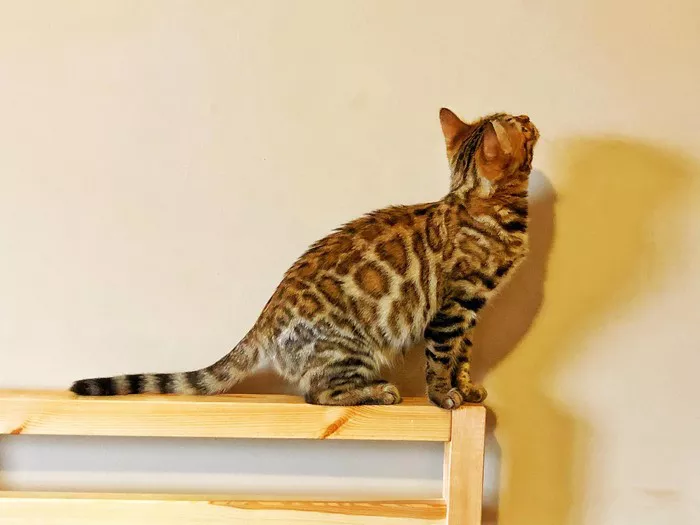Cats are beloved companions known for their independent and enigmatic nature. However, when your feline friend starts pooping outside the litter box, it can be a cause for concern and frustration. In this guide, we will address the common issue of cats pooping outside the litter box, exploring potential reasons, preventive measures, and effective solutions. By understanding the underlying causes and taking proactive steps, you can restore harmony in your home and ensure your cat’s well-being.
Identifying the Problem: Why Is My Cat Pooping Outside the Litter Box?
1. Medical Issues
Before assuming behavioral problems, it’s essential to rule out any underlying medical issues. Cats may avoid the litter box due to health conditions such as urinary tract infections, constipation, or digestive disorders.
2. Stress and Anxiety
Cats are sensitive to changes in their environment. Stressors such as moving, new pets, or changes in routine can lead to litter box aversion and pooping outside the box.
3. Litter Box Preferences
Your cat’s litter box preferences matter. Factors like litter type, box cleanliness, and location can influence whether your cat chooses to use the litter box or seeks alternative spots.
Creating an Optimal Litter Box Environment
1. Litter Box Placement
Choose a quiet and accessible location for the litter box. Avoid placing it near loud appliances, high-traffic areas, or areas with high levels of stress.
2. Litter Choice
Experiment with different litter types to find the one your cat prefers. Some cats have texture or scent preferences, so providing options can encourage litter box use.
3. Box Size and Cleanliness
Ensure the litter box is an appropriate size for your cat. Regularly scoop waste and clean the box to maintain a hygienic environment that your cat feels comfortable using.
Addressing Stress and Anxiety
1. Gradual Introductions
If introducing new pets or changes in the household, do so gradually. Allow your cat time to adjust to new additions and provide safe spaces where they can retreat.
2. Enrichment and Play
Engage your cat in interactive play and provide enrichment activities to alleviate boredom and reduce stress. Puzzle toys and scratching posts can divert their attention from anxiety triggers.
Behavioral Modification Techniques
1. Positive Reinforcement
Reward your cat with treats, praise, or affection when they use the litter box correctly. Positive reinforcement can create a positive association with the litter box.
2. Litter Box Training
For kittens or cats new to your home, proper litter box training is essential. Gradually introduce them to the litter box and offer guidance until they establish the habit.
See Also: Training Maine Coon Cats to Use the Litter Box: Tips & Methods
When to Seek Veterinary Assistance
1. Medical Evaluation
If your cat’s litter box issues persist or are accompanied by other concerning symptoms, consult a veterinarian. Medical conditions must be addressed promptly to ensure your cat’s health.
2. Professional Behavior Consultation
If behavioral issues are suspected, a professional animal behaviorist or veterinarian can provide guidance and customized strategies to address litter box problems.
Conclusion
In conclusion, cats pooping outside the litter box can be a distressing issue, but it’s important to approach it with patience, understanding, and a proactive mindset. By identifying potential medical issues, creating an optimal litter box environment, addressing stress and anxiety, employing behavioral modification techniques, and seeking professional assistance when needed, you can work towards resolving the issue and restoring litter box harmony in your home. Remember that each cat is unique, and finding the right solution may require time and experimentation. Through consistent effort and a commitment to your cat’s well-being, you can help them overcome litter box challenges and ensure a happy and healthy relationship between you and your feline companion.

























